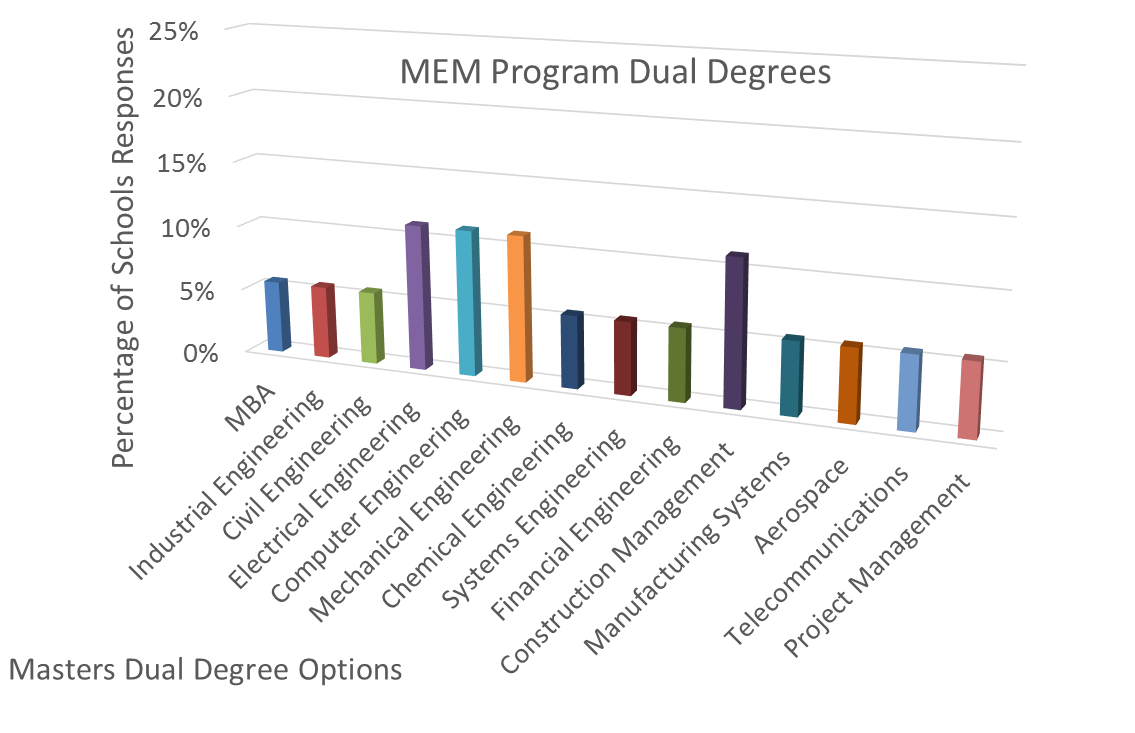
You might be curious about the potential salary for a career as a mechanical engineer. You can learn more about starting salaries, average salaries, and the types of experience you need to get into the field. This article will show you the average salary for mechanical engineers at different levels of education and experience. Knowing how much you can make will help you make informed decisions about your career.
Average salary
The average mechanical engineering salary is R478,698 per year. Many mechanical engineers work in manufacturing facilities, constructing heavy machines. This job requires both a science and math degree. However, some employers will prefer candidates who have a graduate or master's degree. High salaries are offered in many fields of mechanical engineering. Here are a few examples of the higher paying ones. The lowest entry-level salary is $55,000 per year. A graduate degree is a good way to get a higher salary.

Starting salary
As a mechanical engineering professional, you'll develop and produce products that make use of a variety mechanical systems. As such you will be responsible at all stages of product design, including manufacturing, installation, and commissioning. Mechanical systems are found in most industries, making them a particularly lucrative career option. Many consider mechanical engineering to be the most versatile discipline in engineering. You can work in many different industries. These are some of the most highly-paid institutions in mechanical engineering.
Education required
You must first earn a bachelor's in engineering at an accredited university to be eligible for a salary as a mechanic engineer. You will need to pass several exams and gain supervised experience after completing your degree. To move on to the next level you can get a master's of mechanical engineering. A master's degree program typically involves research projects that culminate in a thesis. To qualify for this type, you must meet the state's requirements for continuing educational.
Experience required
You will be paid a higher salary if you are a mechanical engineering professional. Most jobs will require a certain amount of experience, but not all. These numbers are based on job postings in the United States over the past year. Below is a list of some of the most sought-after skills and the percentages of job openings that mention them. You should be able, if you have some experience in this area, to find a job which suits your skills.

Pay range
Considering a career in mechanical engineering? If so, you need to know what the salary range is for that field. While mechanical engineers can make upwards of $90k per year, some states pay significantly more. California is the state that pays $118k a year for mechanical engineers. California and Midwest are the best places to look for work in this industry. The salaries for these jobs are not always the highest.
FAQ
What do civil engineers do?
Civil engineering involves the design and construction large-scale structures like roads, bridges and buildings. It covers all aspects of structural engineering, including building materials, foundations, geotechnics, hydraulics, soils, environmental impact assessment, safety analysis, and traffic management. Civil engineers ensure that the project meets all its objectives and is cost-effective as well as environmentally friendly. They must make sure that the structure lasts.
They may also be involved in the planning and implementation of public works programs. They may oversee, for example, the design and construction of roads, bridges or tunnels.
What Does an Aerospace Engineer Do?
Aerospace engineers use their knowledge of aeronautics and propulsion to design spacecraft, satellites and rockets.
A space engineer could be involved in the design of new aircraft types, fuel sources, improving existing engines or creating space suits.
How long does it take to become an Engineer?
There are many routes to engineering. Some people start studying immediately after leaving school, while others decide to go to college first.
Some students will be able to start a degree right after high school. While others will go on to a two year foundation degree program.
They may then continue to a three-year or four-year honors programme. Alternately, they might choose to get a master's.
Before you decide which route to take, think about your career goals once you are done with school. Are you looking to go into business or stay in education?
The time taken to complete each stage will vary depending on what university you go and whether you're taking a full or part-time course.
There is no direct correlation between the time it takes to complete a qualification and the experience you have after graduation. Even if you spend only one year in college, that doesn't necessarily mean you will have the necessary skills to become an engineer.
Statistics
- Typically required education: Bachelor's degree in aeronautical engineering Job growth outlook through 2030: 8% Aerospace engineers specialize in designing spacecraft, aircraft, satellites, and missiles. (snhu.edu)
- 14% of Industrial engineers design systems that combine workers, machines, and more to create a product or service to eliminate wastefulness in production processes, according to BLS efficiently. (snhu.edu)
External Links
How To
How to Use An Engineering Ruler
Engineers use an engineering ruler to measure distances. Engineers have been measuring distances since ancient times. The 3000 BC mark was the date that the first measuring device was created.
While rulers still exist in modern times, their use has been greatly modified. The most widely used type of ruler is the metric ruler. These rulers are marked in millimeters (1mm = 0.039 inch). Metric rulers can be rectangular or oval in shape. Some rulers can also be used to measure centimeters or millimeters. For example, 1 cm equals 2.54 mm.
You won't find engineers today using a traditional manual ruler. They would use the digital version which measures in millimeters. It works just like a regular scale but with markings that correspond to different length units. Find out more information about them here.